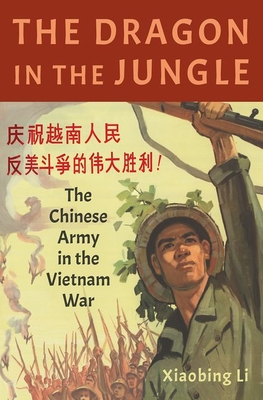Expedite your nonfiction book discovery process with Readara interviews, summaries and recommendations, Broaden your knowledge and gain insights from leading experts and scholars
In-depth, hour-long interviews with notable nonfiction authors, Gain new perspectives and ideas from the writer’s expertise and research, Valuable resource for readers and researchers
Optimize your book discovery process, Four-to eight-page summaries prepared by subject matter experts, Quickly review the book’s central messages and range of content
Books are handpicked covering a wide range of important categories and topics, Selected authors are subject experts, field professionals, or distinguished academics
Our editorial team includes books offering insights, unique views and researched-narratives in categories, Trade shows and book fairs, Book signings and in person author talks,Webinars and online events
Connect with editors and designers,Discover PR & marketing services providers, Source printers and related service providers

The Dragon in the Jungle: The Chinese Army in the Vietnam War
History > Military - General
- Oxford University Press, USA
- Hardcover
- 9780190681616
- 9.3 X 6.5 X 1.4 inches
- 1.35 pounds
- History > Military - General
- (Single Author) Asian American
- English
Readara.com
Book Description
The book covers the chronological development and Chinese decision-making by examining Beijing's intentions, security concerns, and major reasons for entering Vietnam to fight against the U.S. armed forces. It explains why China launched a nationwide movement, in Mao Zedong's words, to assist Vietnam and resist America in 1965-72. It details PLA foreign war preparation, training, battle planning and execution, tactical decisions, combat problem solving, political indoctrination, and performance evaluations through the Vietnam War. International Communist forces, technology, and logistics proved to be the decisive edge that enabled North Vietnam to survive the U.S. Rolling Thunder bombing campaign and helped the Viet Cong defeat South Vietnam. Chinese and Russian support prolonged the war, making it impossible for the United States to win.
With Russian technology and massive Chinese intervention, the NVA and NLF could function on both conventional and unconventional levels, which the American military was not fully prepared to face. Nevertheless, the Vietnam War seriously tested the limits of the communist alliance. Rather than improving Sino-Soviet relations, aid to North Vietnam created a new competition as each communist power attempted to control Southeast Asian communist movement. China shifted its defense and national security concerns from the U.S. to the Soviet Union.
Author Bio
Xiaobing Li, professor of history and director of the Western Pacific Institute at the University of Central Oklahoma, He authored and co-authored The Cold War in East Asia, China's Battle for Korea, China at War, Voices from the Vietnam War, A History of the Modern Chinese Army, Voices from the Korean War, and Mao's Generals Remember Korea.
He served in the People’s Liberation Army in China.
Source: University Press of Kentucky
Videos


Community reviews
No Community reviews

